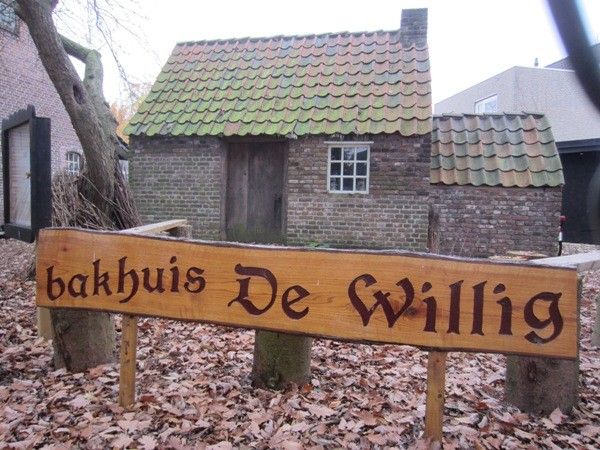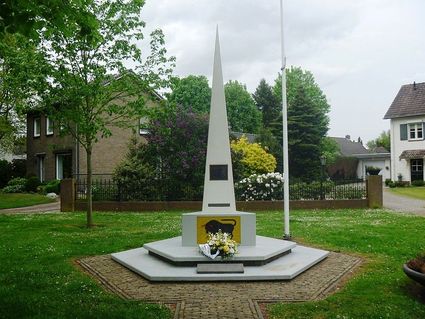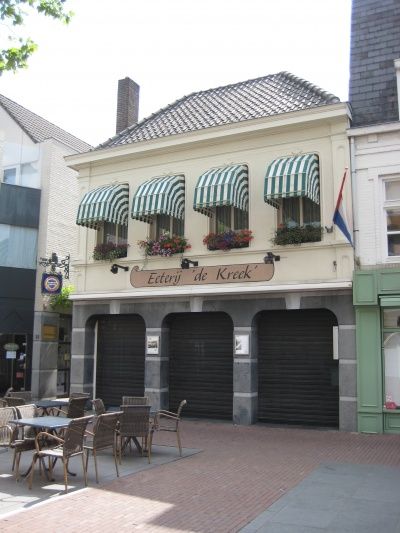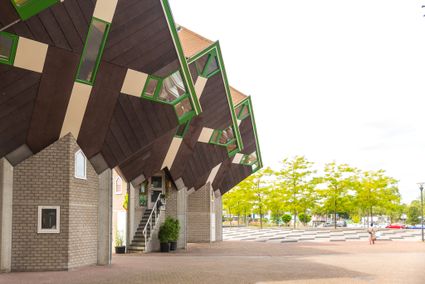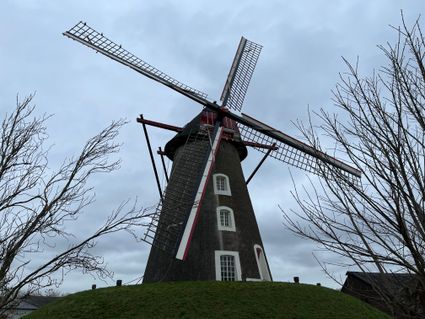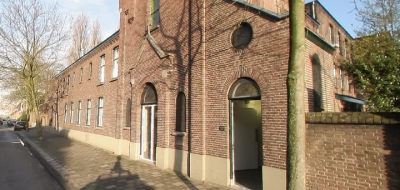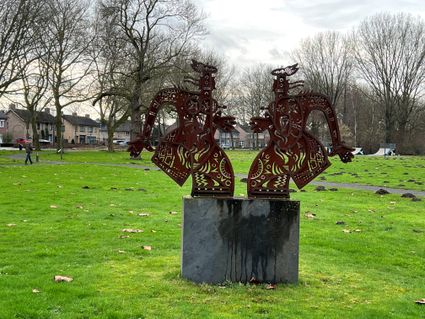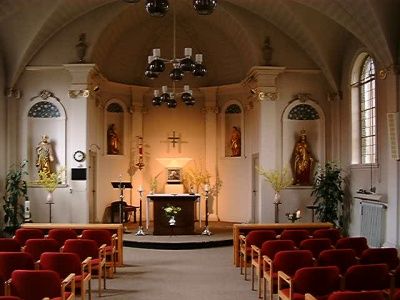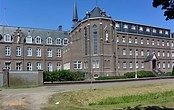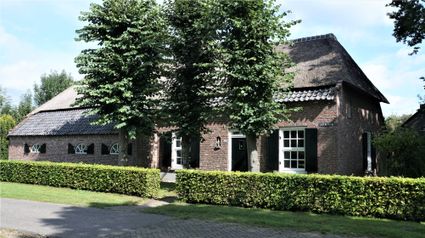Bakhuis de Willig
Bakehouse Foundation "De Willig" aims to maintain and preserve the cultural-historical heritage.
Bakehouse Foundation "De Willig"
The bakehouse is owned by the “Brauwse” community, has a separate juridical structure and is classed with Bakehouse Foundation “De Willig”. This foundation is now responsible for the maintenance of the bakehouse and will see to it that its purpose is fulfilled.
History
In the olden days, baker’s ovens used to be located inside the farms. Carelessnes…
Bakehouse Foundation "De Willig" aims to maintain and preserve the cultural-historical heritage.
Bakehouse Foundation "De Willig"
The bakehouse is owned by the “Brauwse” community, has a separate juridical structure and is classed with Bakehouse Foundation “De Willig”. This foundation is now responsible for the maintenance of the bakehouse and will see to it that its purpose is fulfilled.
History
In the olden days, baker’s ovens used to be located inside the farms. Carelessness and wars or disputes often led to fires in the farms. In the Napoleonic era, a by-law was passed that bread had to be baked outside the farms, which led to the construction of many simple, detached baker’s ovens, but also many bakehouses. Once per week, the people from the region would gather at a bakehouse to bake bread and to catch up with the neighbors. When the first professional bakeries started to become more popular, a lot of the typical bakehouses were demolished or used for storage, pigpens or chicken coops.
Bread and confectionery during the open days
Baking bread and buns is still done according to traditional methods, meaning by hand and using natural products, such as biological flour, yeast, honey, butter/margarine, olive oil and salt, and additionally, various spices, nuts and/or raisins. Next, the bread is baked in a wood oven. Besides bread and buns, we make various types of confectionery, without the help of any machinery!
